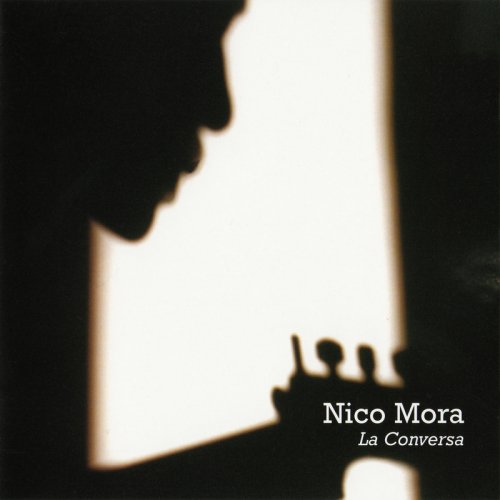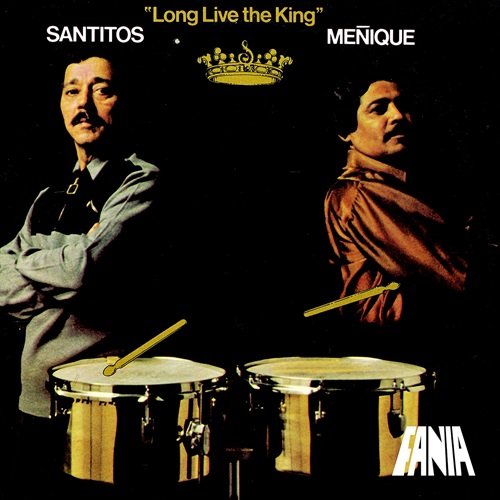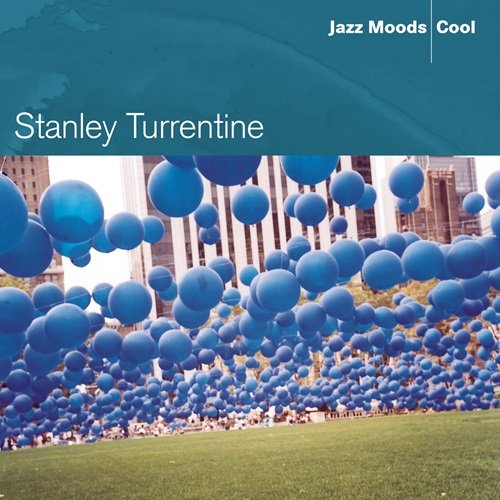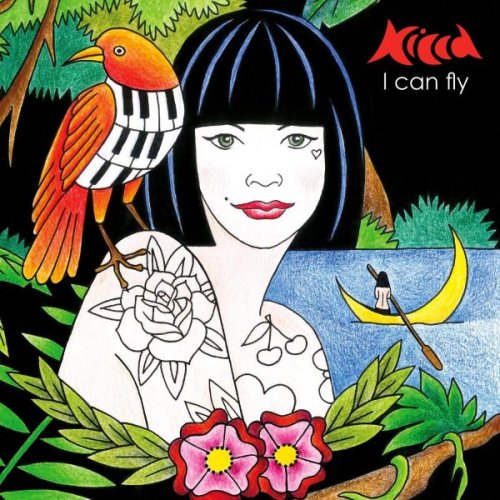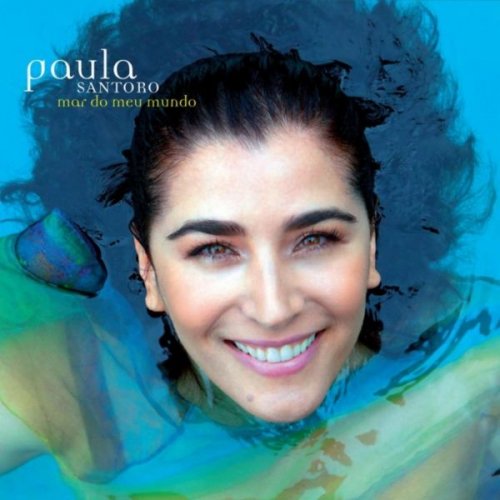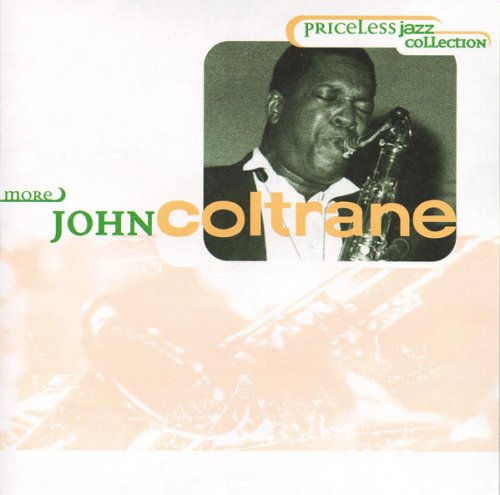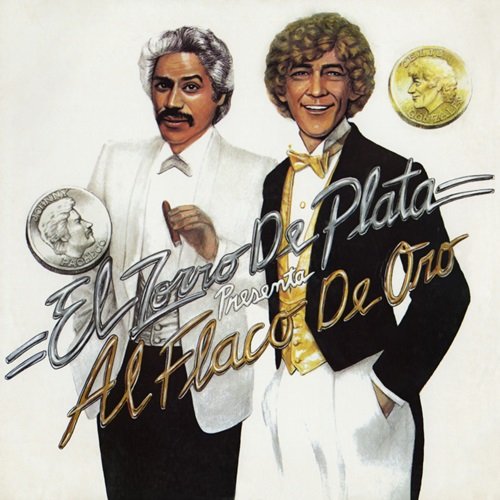Carlos Gardels - Chopin: Nocturnes, Debussy: Suite bergamasque, La fille aux cheveux de lin, Pour les arpèges composés (12 Etudes, Book 1, No. 11) (2024)
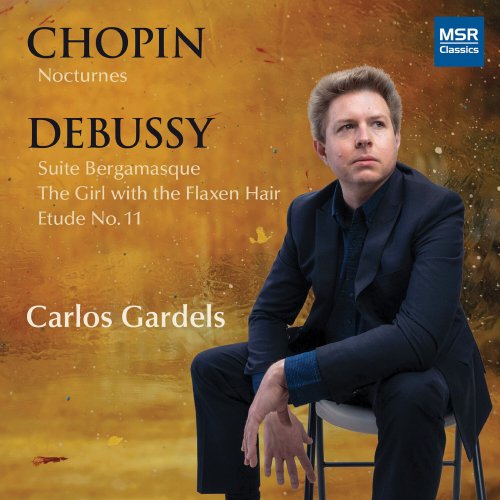
Artist: Carlos Gardels
Title: Chopin: Nocturnes, Debussy: Suite bergamasque, La fille aux cheveux de lin, Pour les arpèges composés (12 Etudes, Book 1, No. 11)
Year Of Release: 2024
Label: MSR Classics
Genre: Classical Piano
Quality: flac lossless (tracks)
Total Time: 00:58:13
Total Size: 153 mb
WebSite: Album Preview
TracklistTitle: Chopin: Nocturnes, Debussy: Suite bergamasque, La fille aux cheveux de lin, Pour les arpèges composés (12 Etudes, Book 1, No. 11)
Year Of Release: 2024
Label: MSR Classics
Genre: Classical Piano
Quality: flac lossless (tracks)
Total Time: 00:58:13
Total Size: 153 mb
WebSite: Album Preview
01. Nocturne in B-Flat Minor, Op. 9, No. 1
02. Nocturne in F-Sharp Major, Op. 15, No. 2
03. Nocturne in C-Sharp Minor, Op. 27, No. 1
04. Nocturne in D- Flat Major, Op. 27, No. 2
05. Nocturne in B Major, Op. 62, No. 1
06. Nocturne in E Major, Op. 62, No. 2
07. Suite bergamasque: I. Prélude
08. Suite bergamasque: II. Menuet
09. Suite bergamasque: III. Clair de lune
10. Suite bergamasque: IV. Passepied
11. The Girl with the Flaxen Hair (No. 8 from Preludes, Book 1)
12. Pour les arpèges composés (No. 11 from 12 Etudes)
One would be hard-pressed to come up with two composers who chartered the trajectory of piano music into the 20th century and beyond more than Chopin and Debussy. The full use of the range of the piano (both melodically and dynamically), the application of harmonies that are almost jazz-like in their conception, the exploitation of the possibilities of the pedal, and the uncovering of dozens of different shades of a single piano (soft) dynamic level are traits that not only carried over into the subsequent generation of piano composers like Scriabin, Rachmaninoff, Barber, Medtner and others, but – less obviously – still remain very much alive as stylistic cornerstones of living composers writing hit piano music today: Yiruma, Ludovico Einaudi, Joe Hisaishi, Lowell Liebermann and Ryuichi Sakamoto, among countless others. Even modern pedagogical music written for beginner and intermediate piano students commonly bears the titles “Etude”, “Nocturne” or “Prelude” – all genres championed by Chopin.
It is well known that Debussy’s single largest pianistic influence was Chopin; in 1910, he told the critic René Doire that he “loved Chopin almost from the moment I began to love music, and I have continued to do so”. Debussy also edited the piano music of Chopin for the Durand publishing house. Upon accepting Durand’s offer, he wrote that “He learned Chopin’s art of breathing with the pedal” from his teacher Madame Mauté de Fleurville (who was, incidentally, the poet Paul Verlaine’s mother-in-law). While 13 years elapsed between the death of Chopin and the birth of Debussy – there undeniably exists a cosmic, eternal symbiosis between this pair of musical souls.
The works contained in this album demonstrate representation of the two composers at extreme ends their careers: The youthful brooding of Chopin’s Op. 9 No. 1 Nocturne (written in 1831) was the first to be published; the relaxed, melancholy resignation of Op. 62 No 2 (written 1845) – the last. The Suite bergamasque of Debussy (containing the ever-popular Clair de lune), was begun around 1888; and the ethereal, forward-looking Etude No. 11, was written in 1915 – three years before the composer’s death.
The American pianist Carlos Gardels has performed and taught throughout the United States, Europe and Asia, and has forged a unique career that fuses elements of performance, composition, education, arts outreach and music journalism. A Los Angeles native, Gardels made his concerto debut at age 15 as a soloist in the Rachmaninoff Third Concerto with the Pasadena Youth Orchestra and made his debut appearance in Carnegie Recital Hall in 2016. He has been awarded prizes from the National Society of Arts and Letters, the Los Angeles International Liszt Competition and the Young Musician’s Foundation. He has been invited to perform solo recitals in London, Paris and Estonia, and in 2014 was a visiting faculty member at the FaceArt School of Music in Shanghai where he taught and performed on local media. In his native Southern California, he has made numerous appearances as a concerto soloist, recitalist and chamber musician. Gaining increasing notoriety as a composer, Gardels’ Three Fantasies for solo piano were published in 2022 by Theodore Presser, and was called a “Striking triptych” by International Piano Magazine. These works and others have been performed by students and artists alike. As a writer, he has had articles published in the Huffington Post, Pianist Magazine, Clavier Companion and the California Music Teacher, as well as maintaining a music blog. Gardels currently resides in Los Angeles and serves on the music faculty of Citrus College in Glendora, California. He has developed and maintained a large roster of private students, and is in frequent demand as an evaluator and judge for competitions. Invested in the community, Gardels maintains a regular schedule of performing at inner city schools and senior living homes in a combination of concerts and lectures intended to introduce audiences to classical music, having over 150 such concerts to his credit. Gardels completed his formal education at the Manhattan School of Music and Indiana University Bloomington. His principal teachers were HakSoon Swiatkowski, Jeffrey Cohen, Émile Naoumoff and Neil Stannard. He also counts amongst his mentors David Dubal, Cyprien Katsaris and Ruth Slenczynska, and has studied composition with Ian Krouse at the University of California, Los Angeles.

![RAS - Rød i Blå (2025) [Hi-Res] RAS - Rød i Blå (2025) [Hi-Res]](https://www.dibpic.com/uploads/posts/2025-12/1765847447_s09xuo23tcu1a_600.jpg)
